Images Of South Sudan And Sudan's Conflict
Regional governments and international groups are trying to prevent Sudan and South Sudan's recent border clashes from escalating into full-scale war.
However, powerful drivers may be pushing the two countries into a confrontation. Among those factors are disagreement over the division of natural resources, ethnic tensions, and a tradition of mistrust between the two. South Sudan broke off last year from Sudan, after decades of unrest and civil war.
So far, the conflict has been constrained to limited, but nevertheless deadly, small-scale military actions from both countries. Airstrikes by Sudan have hit various points in the South. South Sudan moved last week to seize the Heglig oil fields, located just across the border, but withdrew forces from the area soon afterward. Heglig serves as a major oil pipeline hub in Sudan, although in previous months oil production there has diminished to a sliver of the original capacity.
Egypt has helped to broker a prisoner of war return from South Sudan back to Khartoum, but both governments are slinging fresh new accusations at one another.
Uganda has voiced its support for South Sudan. Other states in East Africa will meet on Saturday to discuss further integrating South Sudan into the regional community. The Kenyan, Ugandan, Tanzanian, Rwandan and Burundian presidents will meet to consider extending their free trade zone, the East Africa Community, to South Sudan.
The United Nations is already taking steps to preempt the situation from further degrading. It will open a new refugee camp in northern Kenya in case large numbers of people flee across the border from Sudan and South Sudan. Meanwhile, a Chinese envoy is visiting both Juba and Khartoum to pressure both governments to make peace overtures.
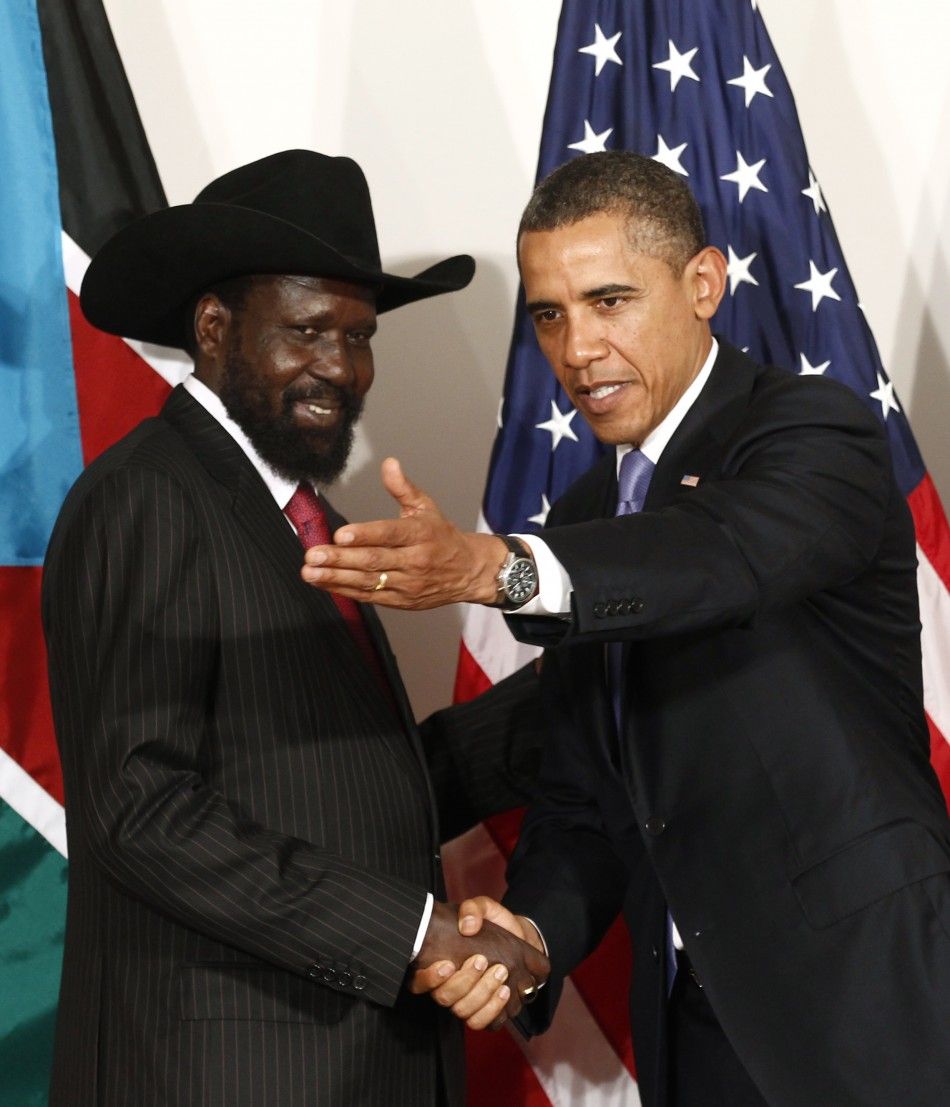
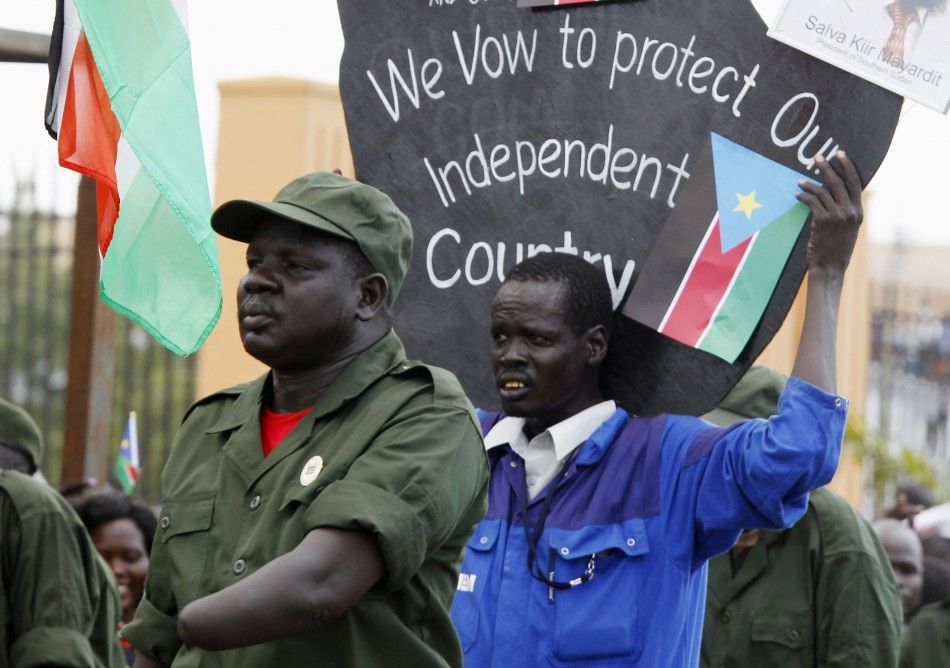
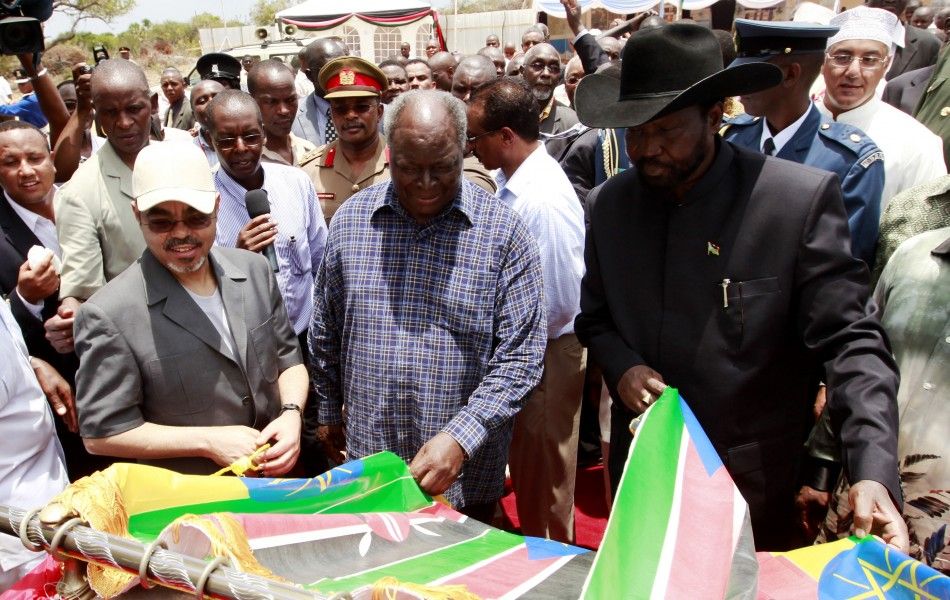
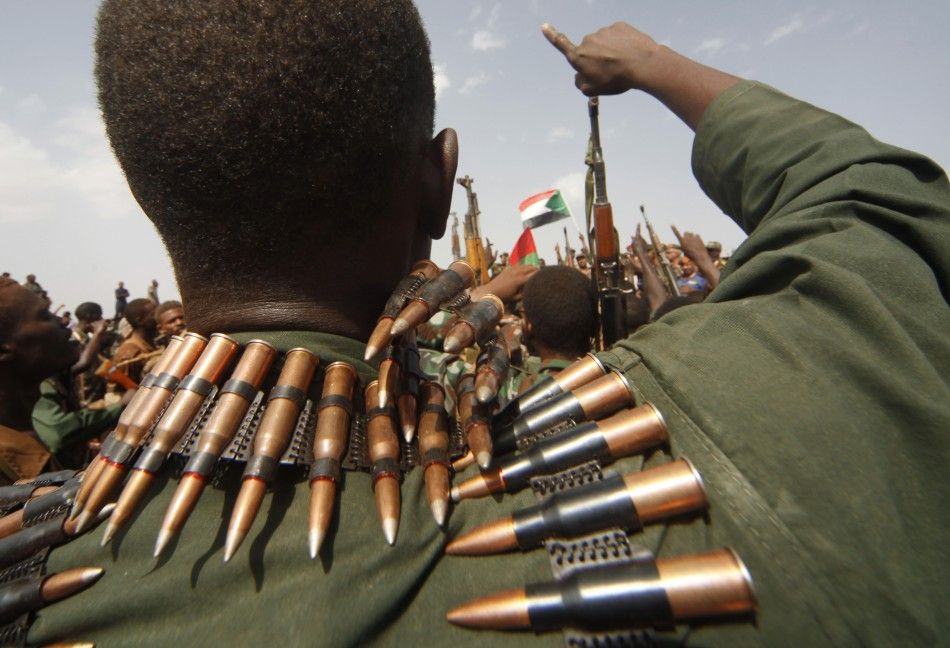
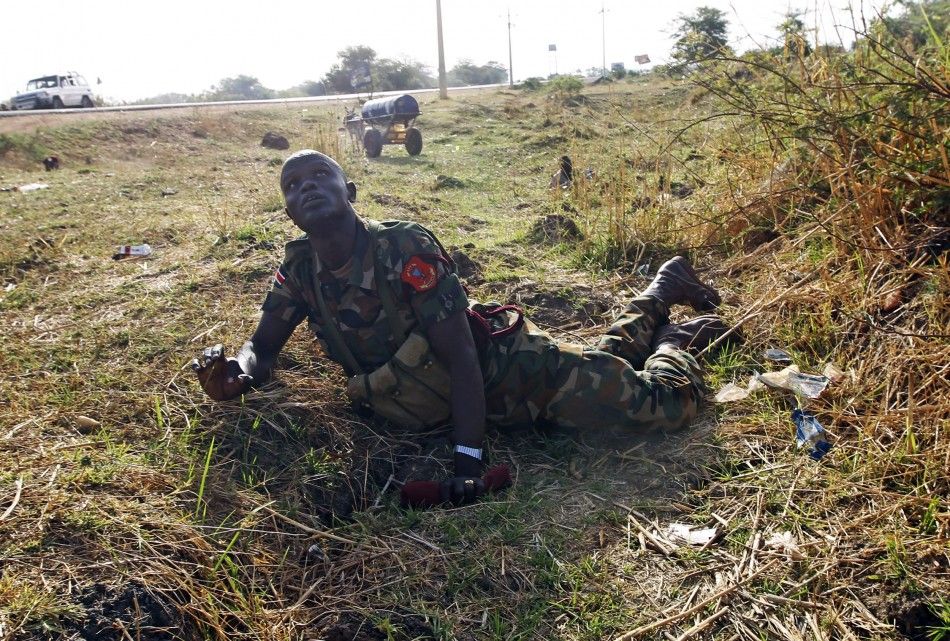
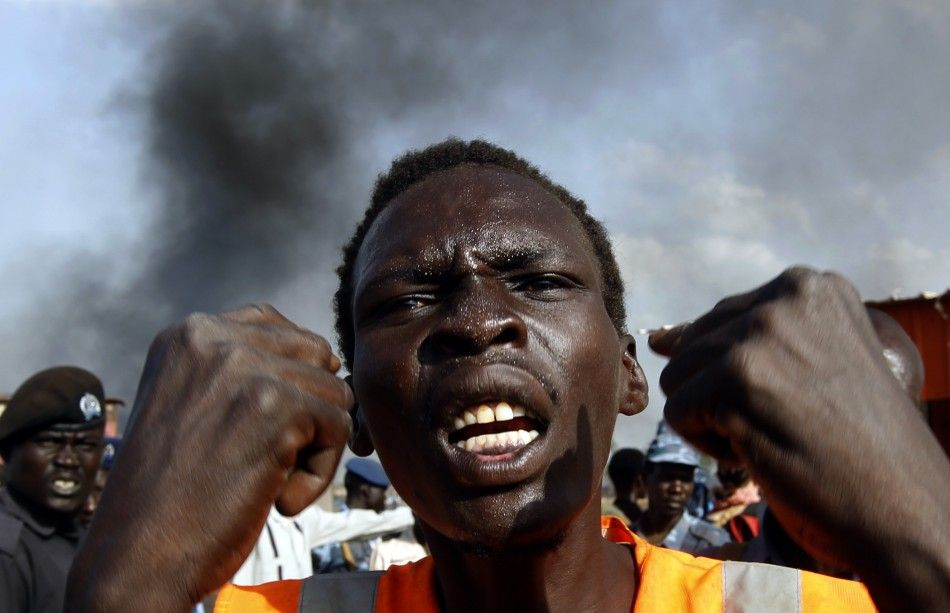
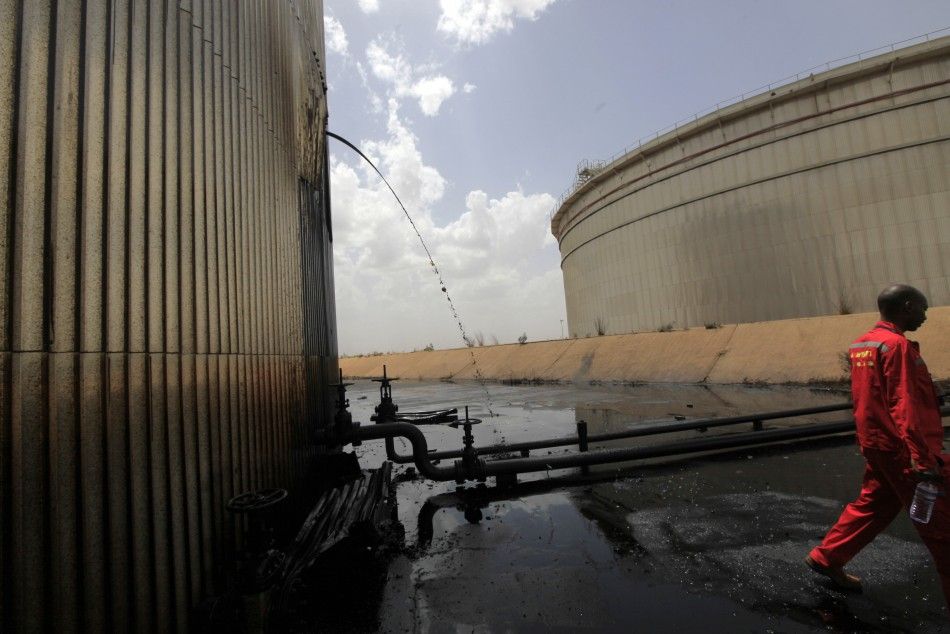


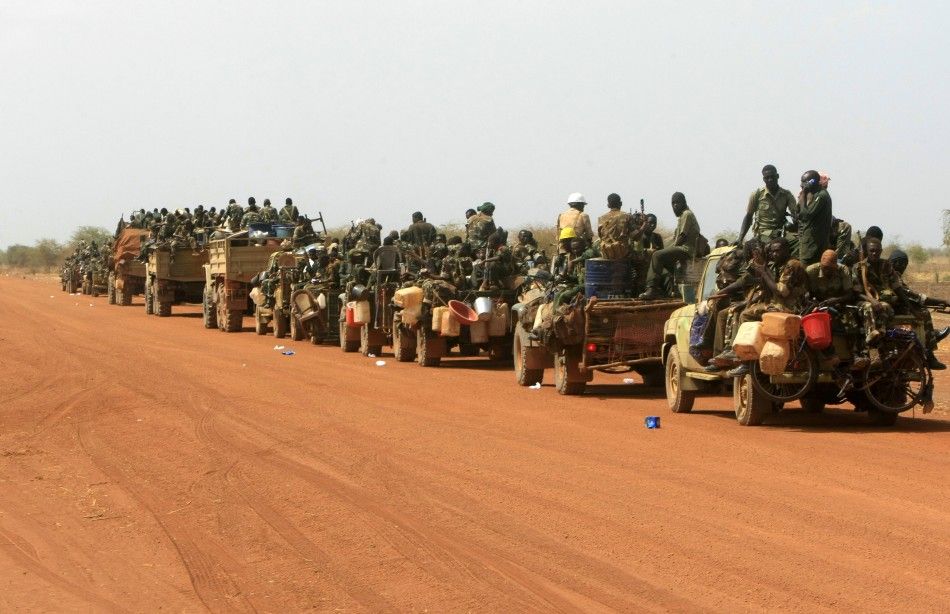
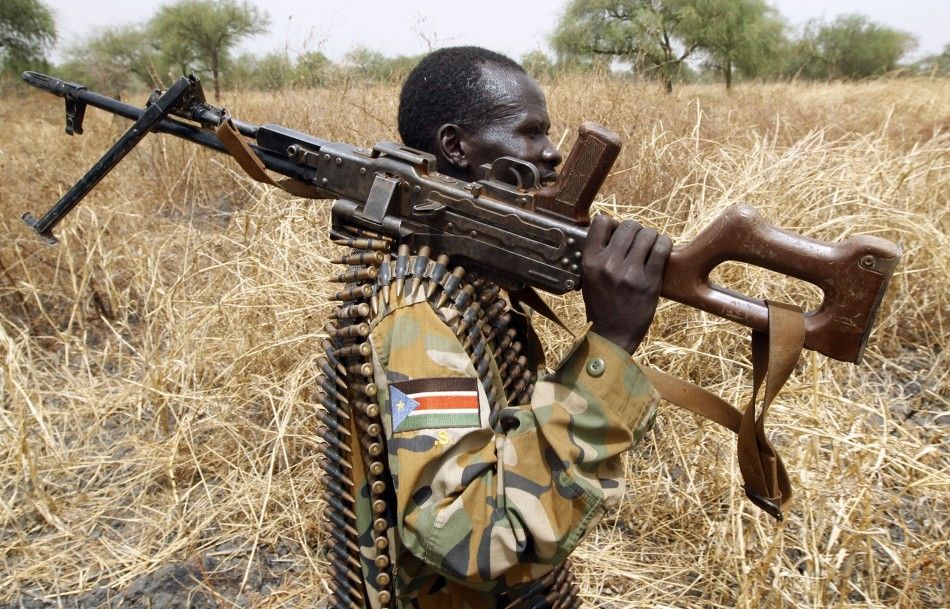
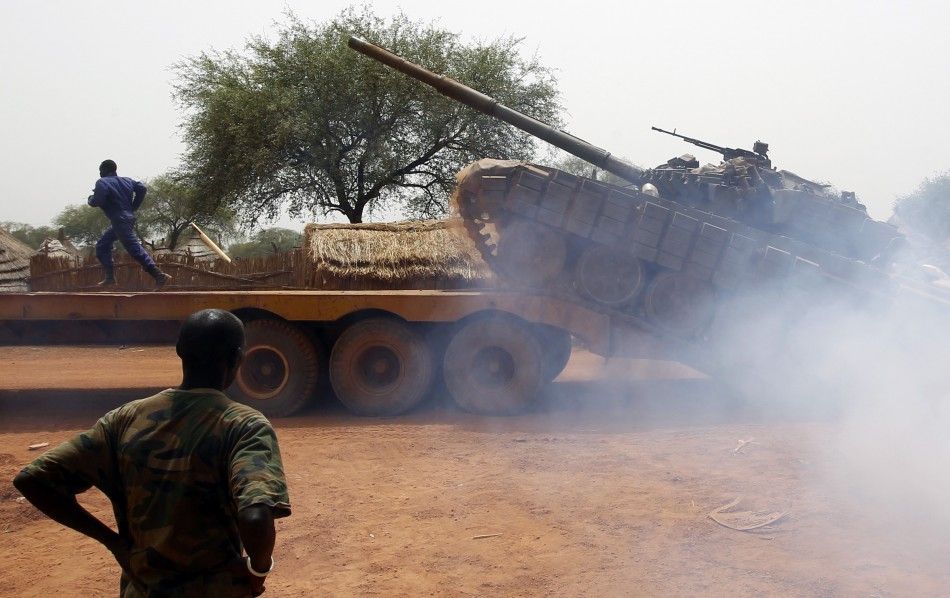
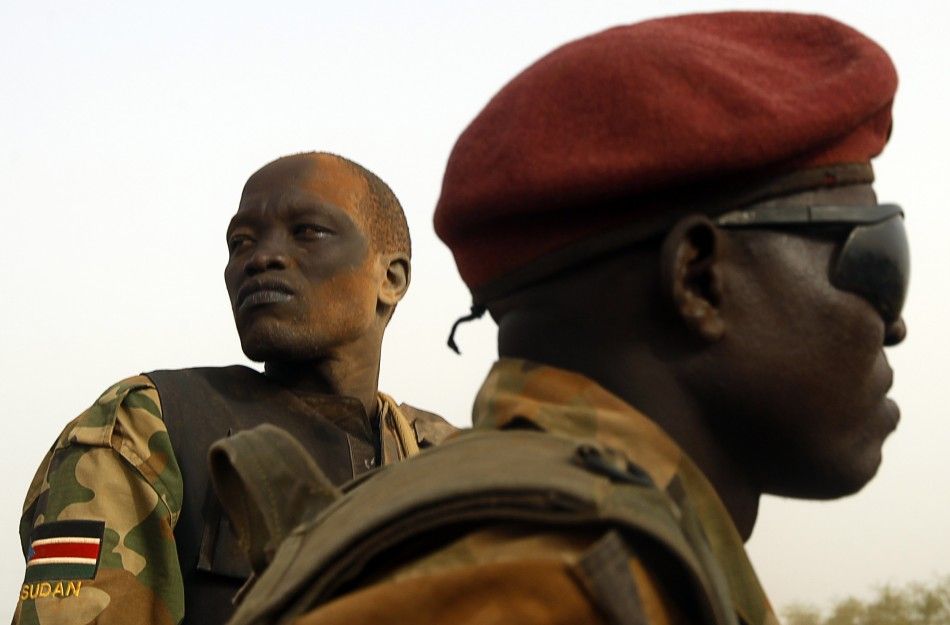
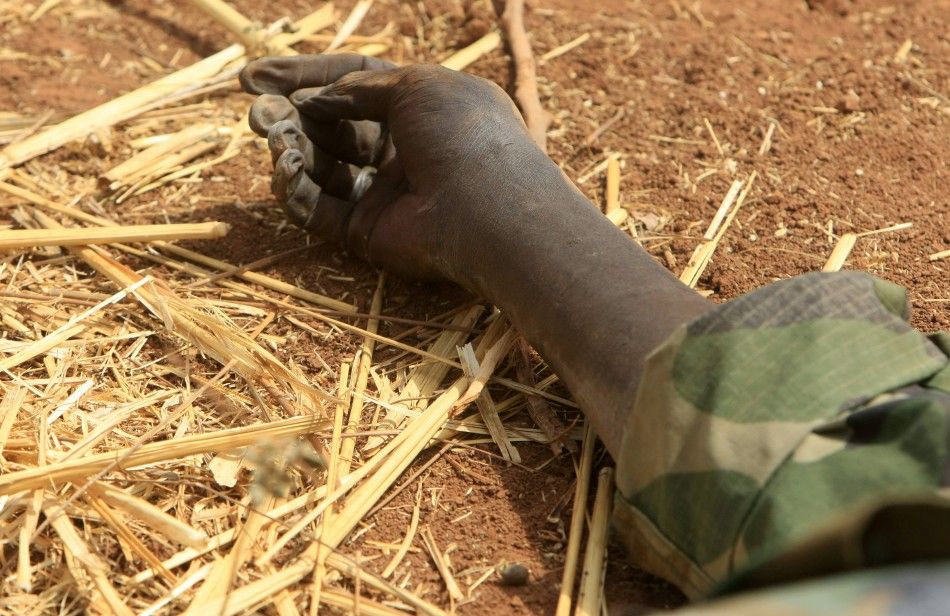
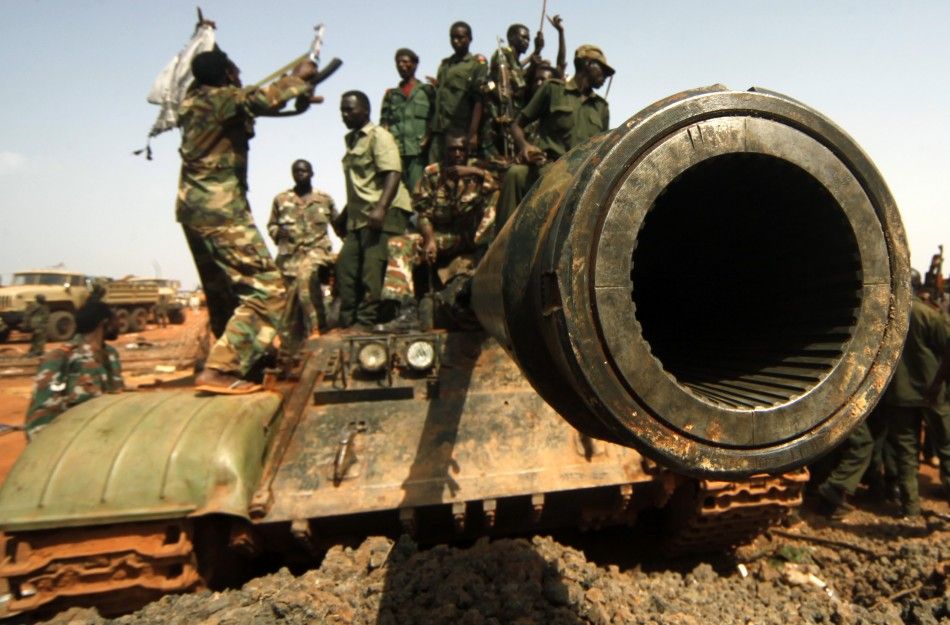
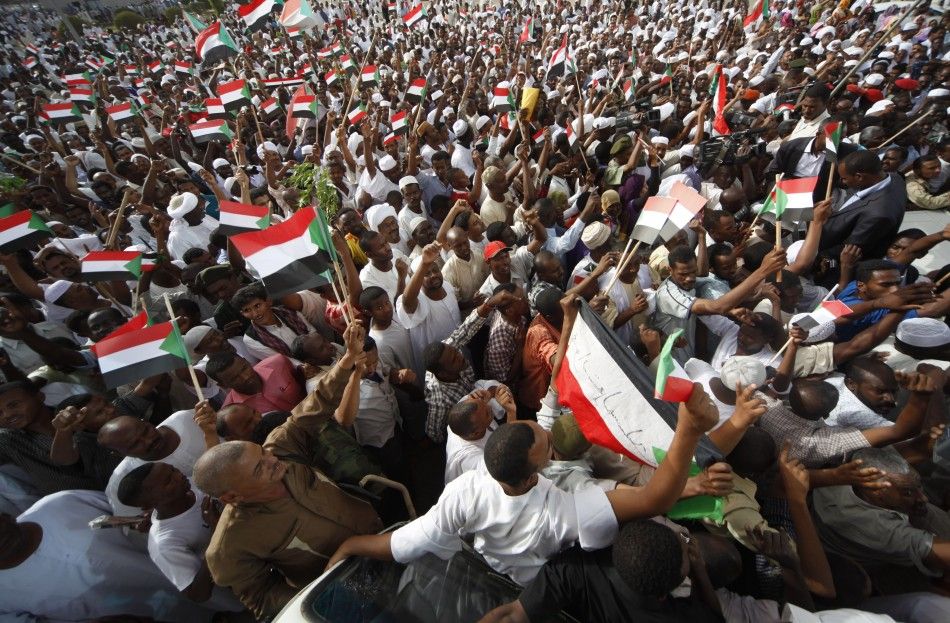
© Copyright IBTimes 2025. All rights reserved.





















